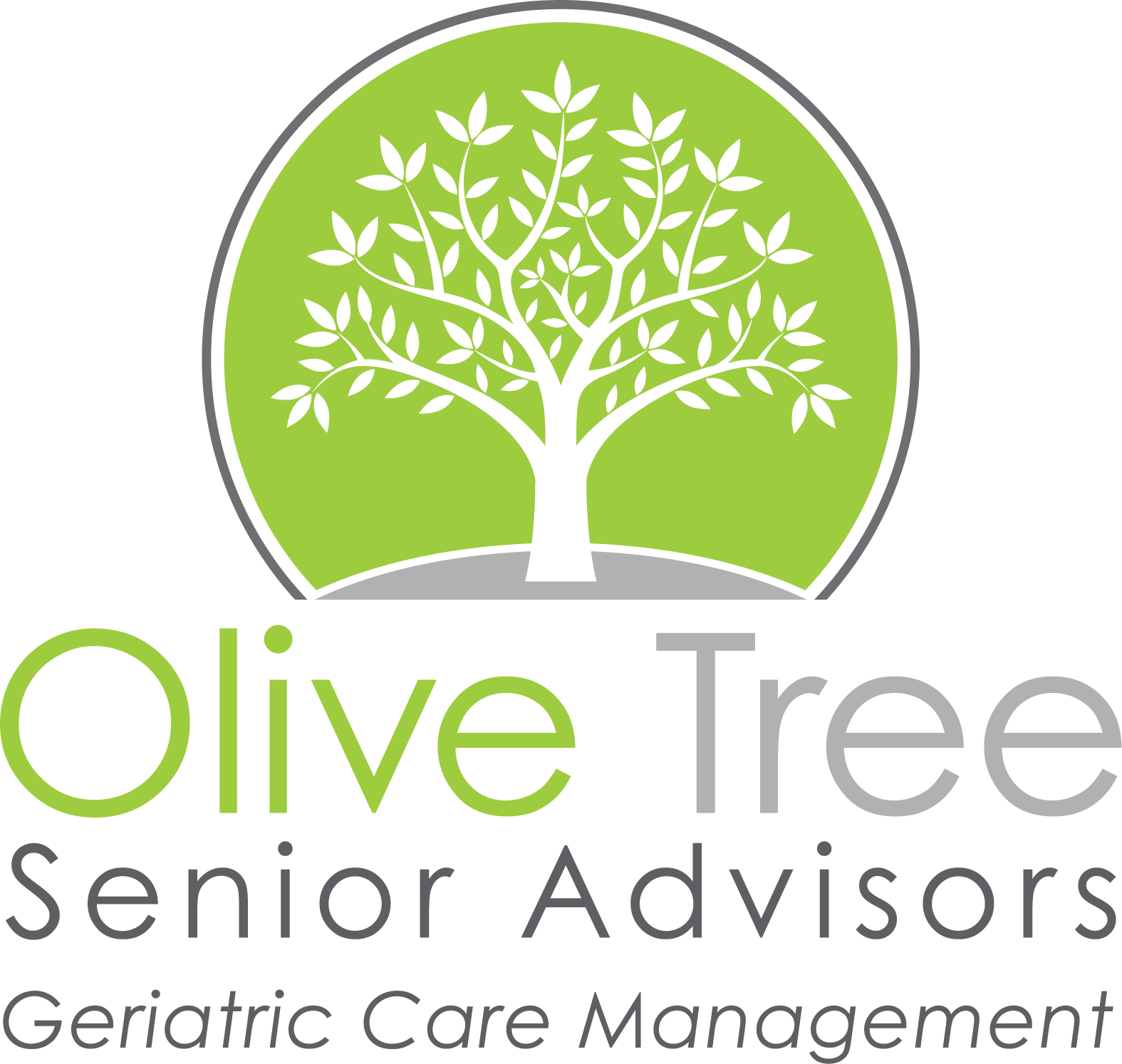What is Aging Life Care®?

Aging Life Care management, is a holistic, client-centered approach to caring for older adults or others facing ongoing health challenges. Working with families, the expertise of Aging Life Care Professionals provides the answers at a time of uncertainty. Their guidance leads families to the actions and decisions that ensure quality care and an optimal life for those they love, thus reducing worry, stress and time off of work for family caregivers through:
- Assessment and monitoring
- Planning and problem-solving
- Education and advocacy
- Family caregiver coaching
Aging Life Care Professionals® – The Experts in Aging Well®
The expertise of Aging Life Care Professionals can be summarized into eight knowledge areas. Let’s take a closer look:
Health and Disability. From physical problems to mental health and dementia-related problems, Aging Life Care Managers® interact with the health care system effectively and frequently. Aging Life Care Professionals attend doctor appointments and facilitate communication between doctor, client, and family. These professionals help determine types of services – such as home health and hospice – that are right for a client and assist in engaging and monitoring those services.
Financial. Services may include reviewing or overseeing bill paying or consulting with a client’s accountant or Power of Attorney. Aging Life Care Professionals provide information on Federal and state entitlements, connecting families to local programs when appropriate. They also help clients and families with insurance concerns, claims, and applications.
Housing. Aging Life Care Professionals help families and clients evaluate and select appropriate level of housing or residential options.
Families. Aging Life Care Professionals help families adjust, cope and problem-solve around long-distance and in-home caregiving, addressing care concerns, internal conflicts and differences of opinion about long-term care planning.
Local Resources. Aging Life Care Professionals know the specifics of the local resources in their communities and know how services are accessed.
Advocacy. Aging Life Care Professionals are strong and effective advocates for clients and their families, promoting the client’s wishes with health care and other providers, ensuring that client’s needs are being adequately addressed.
Legal. Aging Life Care Professionals refer to legal experts, like elder law attorneys, estate planners, and Powers of Attorney. Some Aging Life Care Professionals provide expert opinion for courts in determining level of care and establishing client needs.
Crisis Intervention. Aging Life Care Professionals offer crisis intervention when it is needed, helping clients navigate through emergency departments and hospitalizations, rehabilitation stays, and ensuring that adequate care is available to the client. For families that live at a distance, this can be a much-needed 24/7 emergency contact.
Local, cost-effective resources are identified and engaged as needed.
A care plan tailored for each individual’s circumstances is prepared after a comprehensive assessment. The plan may be modified, in consultation with client and family, as circumstances change.
What is an Aging Life Care Professional®?
An Aging Life Care Professional is a health and human services specialist who acts as a guide and advocate for families who are caring for older relatives or disabled adults. The Aging Life Care Professional is educated and experienced in any of several fields related to Aging Life Care management, including, but not limited to counseling, gerontology, mental health, nursing, occupational therapy, physical therapy, psychology, or social work; with a specialized focus on issues related to aging and elder care.
The Aging Life Care Professional assists clients in attaining their maximum functional potential. The individual’s independence is encouraged, while safety and security concerns are also addressed. Aging Life Care Professionals are able to address a broad range of issues related to the well-being of their client. They also have extensive knowledge about the costs, quality, and availability of resources in their communities. Aging Life Care Professionals become the “coach” and families or clients the “team captain.”
Aging Life Care Professionals are members of the Aging Life Care Association® (ALCA) and differ from Patient Advocates, Senior Advisors, Senior Navigators, and Elder Advocates. ALCA members must meet stringent education, experience, and certification requirements of the organization, and all members are required to adhere to a strict Code of Ethics and Standards of Practice. For more information on membership requirements, please click here.
What other services do Aging Life Care Professionals® provide?
While the majority of Aging Life Care clients are older adults, many also assist younger adults who face the challenges of disability or serious illness.
Aging Life Care Professionals may help people who have:
- Physical Disabilities
- Developmental Disabilities, (e.g. Intellectual Disabilities, Down’s Syndrome, Autism, or Asperger’s Syndrome)
- Brain Injury
- Mental Health Problems
- Chronic or Serious Illnesses of any type
Aging Life Care Professionals can often help parents who are concerned about a young adult or middle-aged adult child with disabilities. These life care professionals have experience and credentials to work with all ages. The life care professional conducts a comprehensive assessment and helps the family plan for the current and future needs of their adult child.
How Do You Know When You Need an Aging Life Care Professional®?
When caregiving for an aging family member becomes overwhelming, it may be time to contact an Aging Life Care Professional.
You may need an Aging Life Care Professional if the person you are caring for:
- has multiple medical or psychological issues
- is unable to live safely in their current environment
- is not pleased with current care providers and requires advocacy
- is confused about their own financial and/or legal situation
- has limited or no family support
Or if your family:
- has just become involved with helping the individual and needs direction about available services
- is either “burned out” or confused about care solutions
- has limited time and/or expertise in dealing with the individual’s chronic care needs and does not live close by
- is at odds regarding care decisions
- needs education and/or direction in dealing with behaviors associated with dementia
What are the benefits of using an Aging Life Care Professional®?
Aging Life Care services are offered in a variety of settings. Professionals can serve the needs of their clients by providing:
- Personalized and compassionate service — focusing on the individual’s wants and needs.
- Accessibility — care is typically available 24 hours a day, 7 days a week.
- Continuity of care – communications are coordinated between family members, doctors and other professionals, and service providers.
- Cost containment — inappropriate placements, duplication of services, and unnecessary hospitalizations are avoided.
- Quality control – Aging Life Care services follow ALCA’s Standards of Practice and Code of Ethics.
Thank you to the Aging Life Care Association® for permission to share this information. You may learn more about Aging Life Care™ at aginglifecare.org
